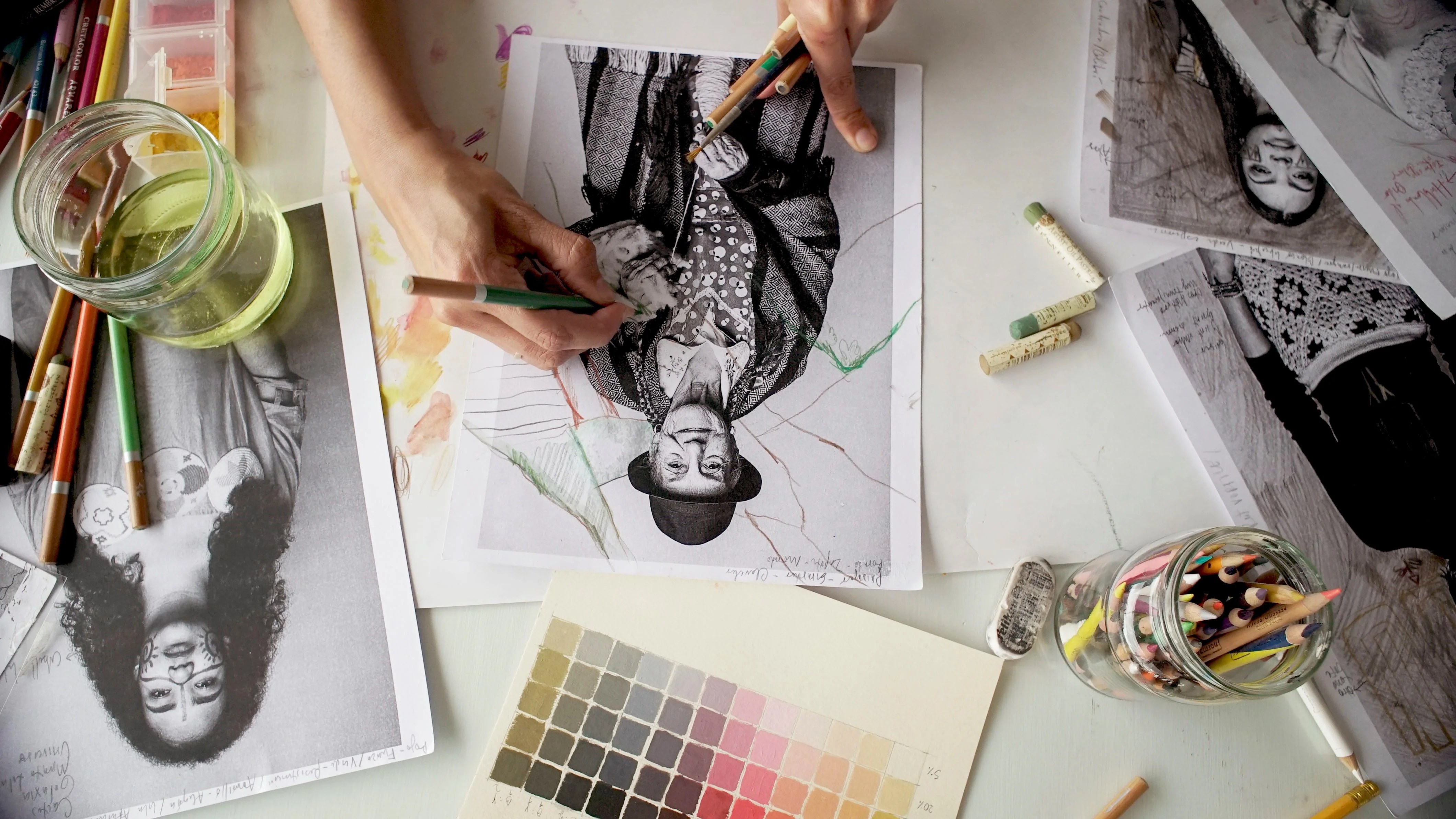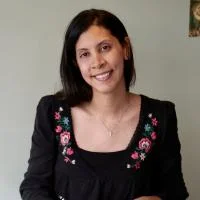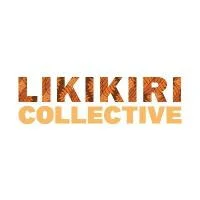Art Allies
Extending the Safety of Strangers research and collaborations to build South-South connections between South Sudan and Colombia
Principal Investigator: Kara Blackmore
Co-Investigator: José Fernando Serrano-Amaya
Co-Investigator: Rebecca Lorins
Collaborating Artist: Manuela Lara
The 'Art Allies' project identified how artists and allied activists understand protection and vulnerability based on lived experiences. The work recognised that artists who create political and socially engaged work are increasingly at risk.
The research focuses on protection infrastructures that are rarely featured in literature on unarmed civilian protection.
In contexts of protracted socio-political conflicts or post-peace agreements, discussions of safety and protection for social and cultural leaders (where artists and allied activists are situated), are often reduced to mitigating risk to harm and physical violence. Less is known about how artists, allies or their organisations experience those harms and what protection infrastructures they build up to continue collective action.
Three workstreams populated the Art Allies project. The first was case study research conducted in Colombia, the second workstream involved Story Circle research in South Sudan, and the third workstream culminated in the curation of an exhibition in Bogotá.

Image credit: Manuela Lara
Researchers

Principal Investigator: Kara Blackmore
Dr Kara Blackmore is a researcher, curator, and policy fellow at the Firoz Lalji Institute for Africa. She oversaw the project and support Co-Investigators in their country-specific workstreams. She used her experience in creative methodologies and curation to lead Workstream 3, culminating in the exhibition in Bogotá. She also led on the cross-country mixed-methods paper. As Principal Investigator, Blackmore took responsibility for the overall delivery of the project.
She has worked on over 20 grant funded projects and is adept at working with professional support staff and overseeing cross-country financial reporting. Within FLIA, she has experience in managing workstreams on six different UKRI, DFID and Bloomsbury Set projects namely the FCDO-AHRC funded Safety of Strangers and the GCRF funded Politics of Return research projects.
Email: k.a.blackmore@lse.ac.uk

Co-Investigator: José Fernando Serrano-Amaya
Dr José Fernando Serrano-Amaya led Workstream 1 in Colombia. He used his expertise in conflict studies, peacebuilding, and activism in Colombia to conduct case study research. His most recent research on the politics and social pedagogies of reconciliation in post conflict settings documented the richness of the practices to transform conflicts, among which arts are very significant.
Serrano-Amaya has experience in Africa and Latin American comparative research, previously researching on issues of gender-based violence and homophobic violence between South Africa and Colombia.
Email: Jf.serranom@uniandes.edu.co

Co-Investigator: Rebecca Lorins
Dr Rebecca Lorins led Workstream 2 in South Sudan, conducting the Story Circle research. Her background in media, communication and performance arts are essential to implementing the Story Circle methodology with Likikiri Collective.
Lorins has extensive experience working on research projects, recently implementing the Story Circle Method as part of research on three collaborations with University of Portsmouth: the British Academy funded Art Heritage and Resilience, and two AHRC funded projects: Youth Voices and Rethinking Resilience in South Sudan through an Arts-based Curriculum
Email: rebecca.lorins@gmail.com

Collaborating Artist: Manuela Lara
Manuela Lara was commissioned to create portraits of artists and social leaders whose experiences of insecurity and efforts for safety help to visualize the research. She worked with Dr Kara Blackmore develop the commission. This work builds off her previous Vivas project that centred on women who have survived the civil war in Colombia. Many of these women are artists themselves and are active social leaders working to keep their communities safe.
Email: manuela19lara@gmail.com
Partner

Likikiri Collectiveis a multimedia arts and education organization located in Juba, South Sudan. Likikiri will support the research through hosting the Story Circles. They will contribute to the research by providing a collective as case study.
Elfatih Atem will lead this in his capacity as the founding Executive Director. He has worked in a leadership capacity for many national Sudanese and South Sudanese cultural projects, as well as a consultant in culture, heritage and the arts for international NGOs and the UN. Likikiri brings an intercultural and interdisciplinary approach to this project, building connections across various sectors, including education, culture, development, and peacebuilding.